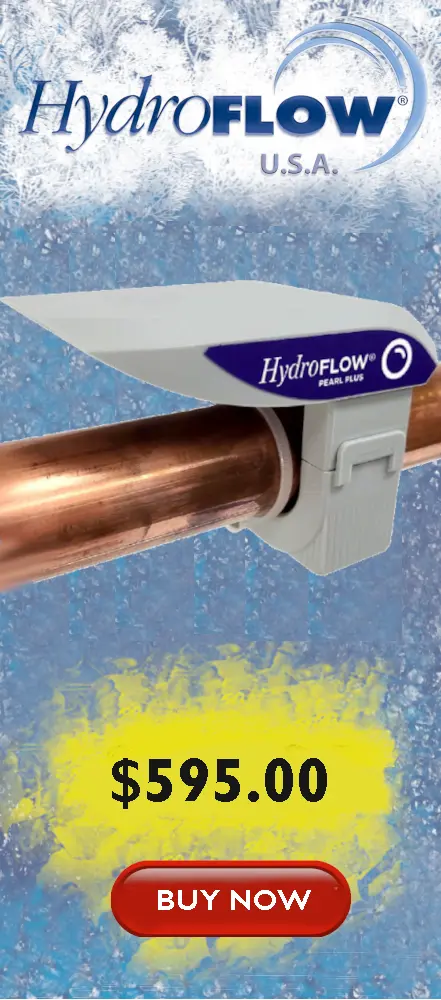Delaware
Water Quality in the State of Delaware
Delaware residents get their drinking water from either groundwater or surface water sources,
depending on where they live. About two-thirds of Delaware households are connected to public water
systems that use groundwater sources; the remaining one-third obtains water from surface water
sources. The major sources of groundwater are the Columbia Aquifer, the Cheswold Aquifer and
the Piney Point Aquifer. All surface water plants for Delaware reside in northern New Castle county.
The major sources of surface water are the Brandywine River Basin, Christiana River Basin, Red Clay
Creek and White Clay Creek.
Water Hardness Summary
Delaware water is considered hard to very hard. The average water hardness for the Delaware resident
is 100-300 PPM. Wilmington is the most populous city in Delaware with a population of just under
71,000 people. Wilmington has relatively hard water with 127 PPM.
For more information on water hardness in specific cities, please see table below.
PPM = Parts Per Million
mg/L = Milligrams Per Liter
gpg = Grains Per Gallon
Farming and Water Hardness
The farming and food processing industry are thriving sectors in Delaware. The largest farming
product is broiler chicken, producing $946 million in gross product a year. This stems from the fact
that large chicken corporations like Perdue Farms and Mountaire Farms call Delaware home. Field Corn
(which is used for livestock feed and ethanol) is another large agricultural industry for Delaware,
attributing to $108 million of Delaware’s yearly revenue. Other top agriculture products from
Delaware are soybeans, chicken eggs, wheat, dairy products, sweet corn, watermelon, cattle and
barley.
As a great deal of Delaware has water rich in calcium (the primary source of water hardness), many
farms and food processing plants experience issues related to scale buildup in their irrigators,
production and processing equipment. In addition, contaminants polluting soil and waterways has
increased greatly over the past few decades and there is a greater need for waste and chemical
control. Many farmers are looking for eco-friendly solutions that can increase the quality and
yield of their crops while saving water. Read more about how HydroFLOW can increase crop yield.
Solutions to your Water Quality Problems
Fixing your water quality issues in the state of Delaware will depend on your specific water source.
It is best to test your potable water supply in order to get a better understanding of your water
quality. Testing is relatively cheap. The test results will allow you to understand if your potable
water has issues that need to be addressed. Common solutions to water contamination problems may
include a water filtration system, a reverse osmosis system or other whole home water treatment
solutions.
A problem that almost all Delaware residents will have to deal with is hard
water. One old-fashioned, inefficient, expensive and unhealthy method to treat hard
water is with a salt-based water softener. Most people don’t realize that if you’re
using a water softener you are basically removing calcium and magnesium from your drinking water and
adding salt to your diet. In addition, many states are banning the use of salt-based water softeners.
Alternative water treatment solutions such as “water conditioners” have been gaining
popularity in recent years because they are cheap to operate and the best eco-friendly solution for
hard water. Hydropath technology, which powers the HydroFLOW water conditioners is by far
the most efficient and cost-effective eco-friendly solution to deal with hard water problems. To
learn more about how HydroFLOW solves the problems created by hard water, please check out
our technology
page. You might want to read this blog that explains the difference between
water conditioners and water softeners: Water Conditioner vs. Water Softener Blog.



